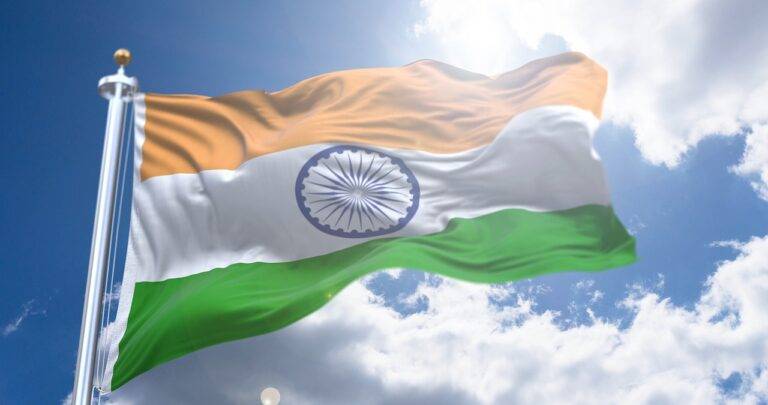Election Monitoring and Observation: Safeguarding Electoral Integrity
Election monitoring often presents numerous challenges that can impact the integrity and fairness of the electoral process. One major obstacle faced by election observers is the lack of access to certain polling stations or regions, making it difficult to provide a comprehensive assessment of the entire election. This restricted access can hinder the observers’ ability to gather accurate information and monitor the entire electoral process effectively.
Additionally, there may be instances where election monitors face threats, intimidation, or even violence while carrying out their duties. Such hostile environments create a barrier to conducting unbiased observations and reporting on any irregularities or malpractices that may occur during the election. These challenges underscore the importance of ensuring the safety and security of election observers to uphold the credibility of the monitoring process.
Importance of Transparency in Electoral Processes
Transparency in electoral processes serves as the cornerstone of democracy, ensuring fair and credible elections. By allowing for open access to information, stakeholders can have confidence in the legitimacy of election outcomes. Without transparency, there is a risk of manipulation and fraud, undermining the democratic principles that elections are meant to uphold.
Furthermore, transparency fosters accountability among electoral authorities and political actors. When the electoral process is conducted in a transparent manner, it becomes easier to identify and address any irregularities or misconduct that may occur. This accountability helps to uphold the integrity of the electoral system and promotes public trust in the democratic process.
Role of International Organizations in Election Observation
International organizations play a crucial role in election observation by providing impartial assessments of electoral processes in different countries. These organizations often deploy teams of experts who meticulously monitor elections to ensure they are conducted fairly and in accordance with international standards. By offering independent evaluations, international organizations help to promote transparency and accountability in the electoral process.
Moreover, the presence of international observers can deter potential election-related violence and malpractices. Their impartial monitoring can help to build public confidence in the electoral process and contribute to the legitimacy of electoral outcomes. Through their reports and recommendations, international organizations also play a vital role in promoting democratic values and good governance practices worldwide.
What are some common challenges faced during election monitoring?
Some common challenges include lack of access to polling stations, intimidation of voters or observers, and lack of transparency in the electoral process.
Why is transparency important in electoral processes?
Transparency is important because it helps ensure that elections are free and fair, and that the results accurately reflect the will of the people.
What is the role of international organizations in election observation?
International organizations play a crucial role in election observation by providing expertise, resources, and impartiality to monitor elections and ensure they meet international standards.
How do international organizations contribute to promoting democracy through election observation?
International organizations contribute to promoting democracy by providing recommendations for improving electoral processes, raising awareness about electoral issues, and advocating for free and fair elections.





